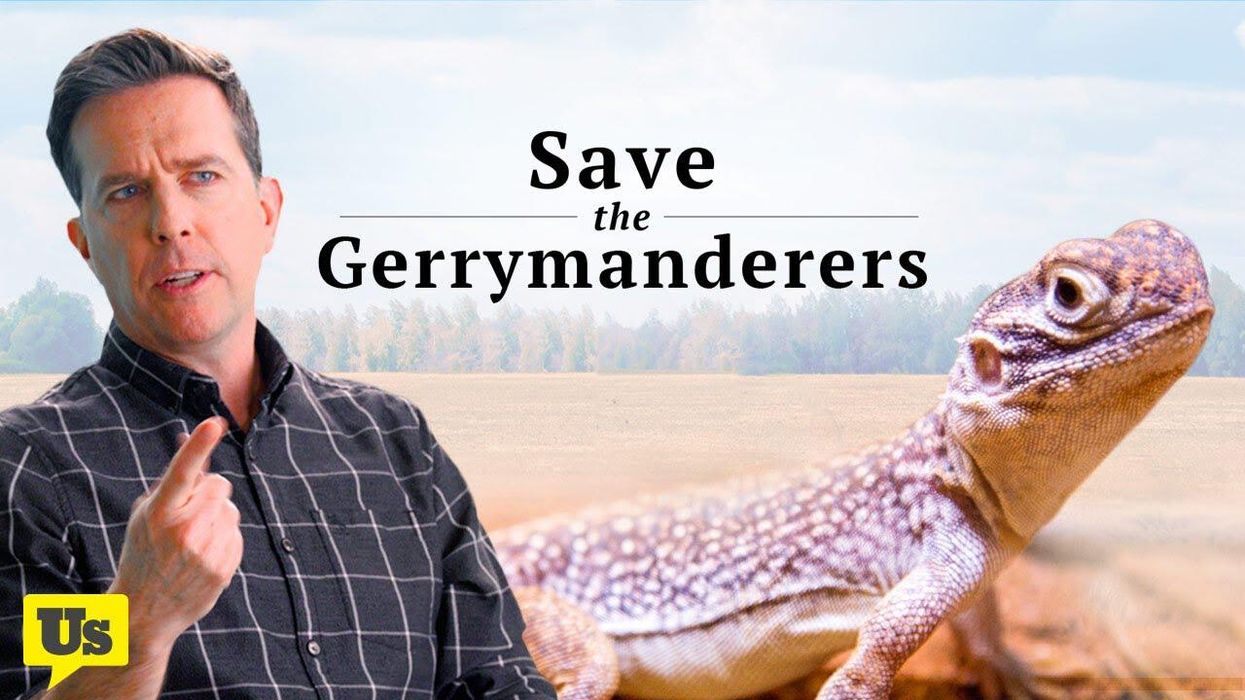Effingham is director of federal reform for RepresentUs, a right-left anti-corruption group.
Yes, the For the People Act would prevent gerrymandering this cycle.
However, deadlines are fast approaching.
A recent column made the argument that, if passed, the For the People Act's redistricting reforms wouldn't take effect until 2030. The piece also chastised voting rights and pro-democracy groups for misleading their members and supporters about the bill's impact on this cycle.
The reason RepresentUs and our allies are not telling people this "fact" is because it's not true. The bill dedicates 28 pages exclusively to 2020 redistricting.
It's important that we clear this up because a deadline is fast approaching and the public has to be aware of the stakes. Aug. 16 is the Census Bureau deadline for delivering local-level population data to states — and the date on which gerrymandering can begin.
While there are minor differences in how the For the People Act deals with the 2020 redistricting cycle compared to future cycles, the guidelines are largely similar. In both cases, it bans partisan redistricting, enables independent redistricting commissions and requires a baseline amount of public input. More specifically, under the For the People Act's "criteria for redistricting," the bill says that fair districts will "not favor or disfavor one party or another." RepresentUs published a brief that goes into much more detail on the similarities and differences between how the bill would govern redistricting in the 2020 cycle and future cycles.
Certainly, there are legitimate and urgent concerns about timing. We believe that the For the People Act must be passed by Aug. 16 to have the best chance of curbing partisan gerrymandering this cycle. According to a RepresentUs analysis, 35 states are at high or extreme risk of partisan gerrymandering this cycle, including Florida, North Carolina and Wisconsin. The window to act is closing.
There are many necessary redistricting reforms in the For the People Act, but we believe the nonpartisan redistricting commissions required in the bill should be in place before Aug. 16 to help ensure a fairer process. Other reforms, including the ban on partisan districts, should be in place before state maps are finalized.
In addition to timing, the other legitimate question is what redistricting reforms will end up passing Congress. The For the People Act was filibustered by Senate Republicans in late June, and senators are working on bringing up the bill again in some form. RepresentUs and allies are working hard to make sure that the bill's gerrymandering reforms stay intact, but there is some uncertainty about what would be in a final package.
These concerns aside, there shouldn't be any confusion that the provisions as currently outlined in the For the People Act would reduce the risk of partisan gerrymandering this cycle. And we all should be saying that, loudly and clearly.


















Trump & Hegseth gave Mark Kelly a huge 2028 gift